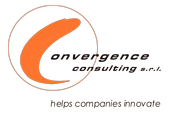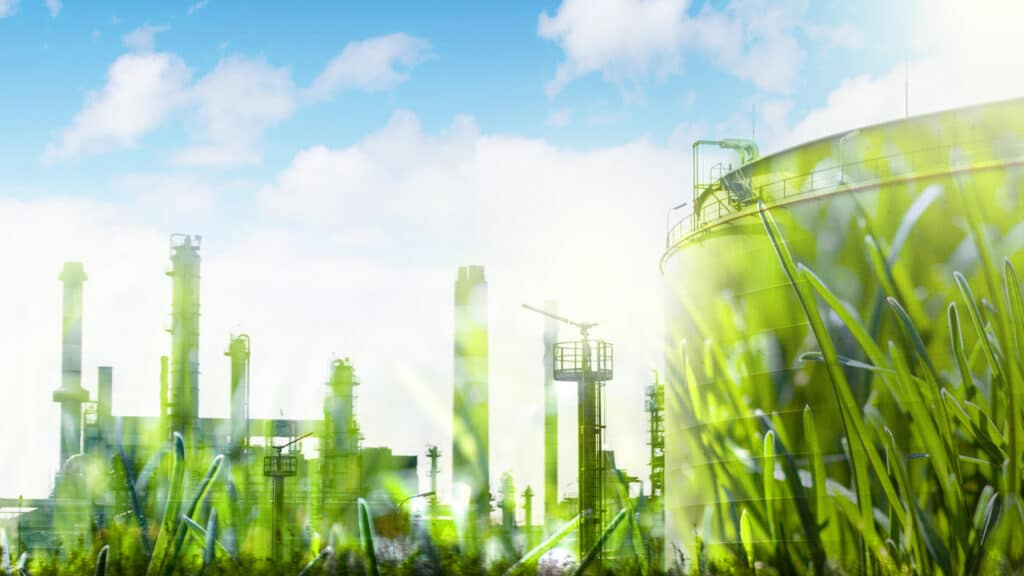Sustainability has become a paramount concern for individuals, organizations, and governments in today’s global landscape. With the increasing recognition of our planet’s finite resources and the need to preserve them for future generations, sustainability has gained significant attention. The United Nations’ 2030 Agenda and the 17 Sustainable Development Goals (SDGs) reflect the urgent need for a comprehensive approach to address the interplay between economic dynamics, social growth, and environmental quality. As part of this global movement, companies are called upon to embrace the green transition and strive for operational excellence by adopting a proactive and predictive approach to sustainability. This paradigm shift from a reactive factory to a predictive factory empowers organizations to anticipate and address potential challenges, leveraging data transformation into intelligent data for sustainable development.
The Three Pillars of Sustainable Development
Sustainable development has three interconnected pillars: economic, social, and environmental. These pillars recognize the fundamental interdependence between economic progress, social well-being, and environmental preservation. Companies must understand that paying attention to these pillars will result in an unsustainable future.
Economic Dynamics: Embracing the Circular Economy
In pursuit of sustainability, businesses must reassess traditional linear models of production and consumption and embrace the circular economy. The circular economy emphasizes minimizing waste and maximizing resource efficiency by adopting recycling, reusing, and remanufacturing practices. By transitioning to a circular economy, companies can reduce their reliance on virgin resources, minimize environmental impacts, and create economic value by efficiently using materials and resources.
Social Growth: Prioritizing Stakeholder Engagement
Sustainability goes beyond environmental considerations; it encompasses social well-being as well. Organizations must actively engage with stakeholders, including employees, customers, communities, and suppliers, to ensure their operations align with social values. By fostering inclusivity, diversity, and fair labor practices, companies can contribute to the social progress of communities, enhance their reputation, and build long-term relationships based on trust.
Environmental Quality: Nurturing Ecological Balance
Environmental quality is at the heart of sustainable development. Companies have a vital role in minimizing their ecological footprint and mitigating the negative impacts of their operations on the environment. By embracing sustainable practices, companies can preserve biodiversity, protect ecosystems, and contribute to the overall well-being of the planet.
From Reactive to Predictive: The Green Transition
To achieve operational excellence and drive the green transition, companies must move away from a reactive factory model, where they respond to problems as they arise, towards a predictive factory approach. This entails leveraging data and advanced technologies to anticipate and proactively address potential challenges.
Smart Data: The Key to Anticipatory Sustainability
The transformation of data into smart data lies at the core of the predictive factory concept. Companies can gain valuable insights into operations and make informed decisions using sensors, IoT devices, and supply chain systems. Predictive analytics can help optimize energy consumption, identify areas for waste reduction, and proactively address supply chain vulnerabilities.
Benefits of the Predictive Factory
Embracing the predictive factory approach offers several benefits for companies on their sustainability journey:
- Proactive Problem Solving: By anticipating and addressing potential issues before they occur, companies can minimize disruptions, reduce costs, and enhance operational efficiency.
- Resource Optimization: Smart data allows organizations to optimize resource utilization, such as energy, water, and raw materials, leading to cost savings and environmental benefits.
- Risk Mitigation: Predictive analytics enables companies to identify and mitigate potential sustainability risks, such as supply chain disruptions, regulatory non-compliance, and reputational damage.
- Innovation and Differentiation: The predictive factory approach fosters innovation by leveraging data-driven insights to develop sustainable products, services, and business models. This can lead to competitive advantage and improved market positioning.
Conclusion
Sustainability has become an urgent global imperative, and businesses play a pivotal role in driving the green transition toward operational excellence. Companies can proactively address sustainability challenges and foster a sustainable future by embracing the three pillars of sustainable development and transitioning from a reactive to a predictive factory. The transformative power of smart data enables organizations to make informed decisions, optimize resource utilization, mitigate risks, and drive innovation. Through this paradigm shift, companies can contribute to realizing the United Nations’ 2030 Agenda and achieving the Sustainable Development Goals while securing their long-term success in a world that increasingly demands environmental responsibility and social progress.
Last but not least: what Convergence Consulting can do for you !!!
With Convergence Consulting, you can rest assured that your project is in capable hands. We pride ourselves on our commitment to excellence, attention to detail, and collaborative approach. We believe in building solid partnerships with our clients, working closely with you every step of the way to ensure success.
Experience the power of convergence with Convergence Consulting. Let us unlock the full potential of your ideas and help you achieve your business objectives.
Contact us today to discover how to collaborate to drive innovation and success.


Leave a Reply